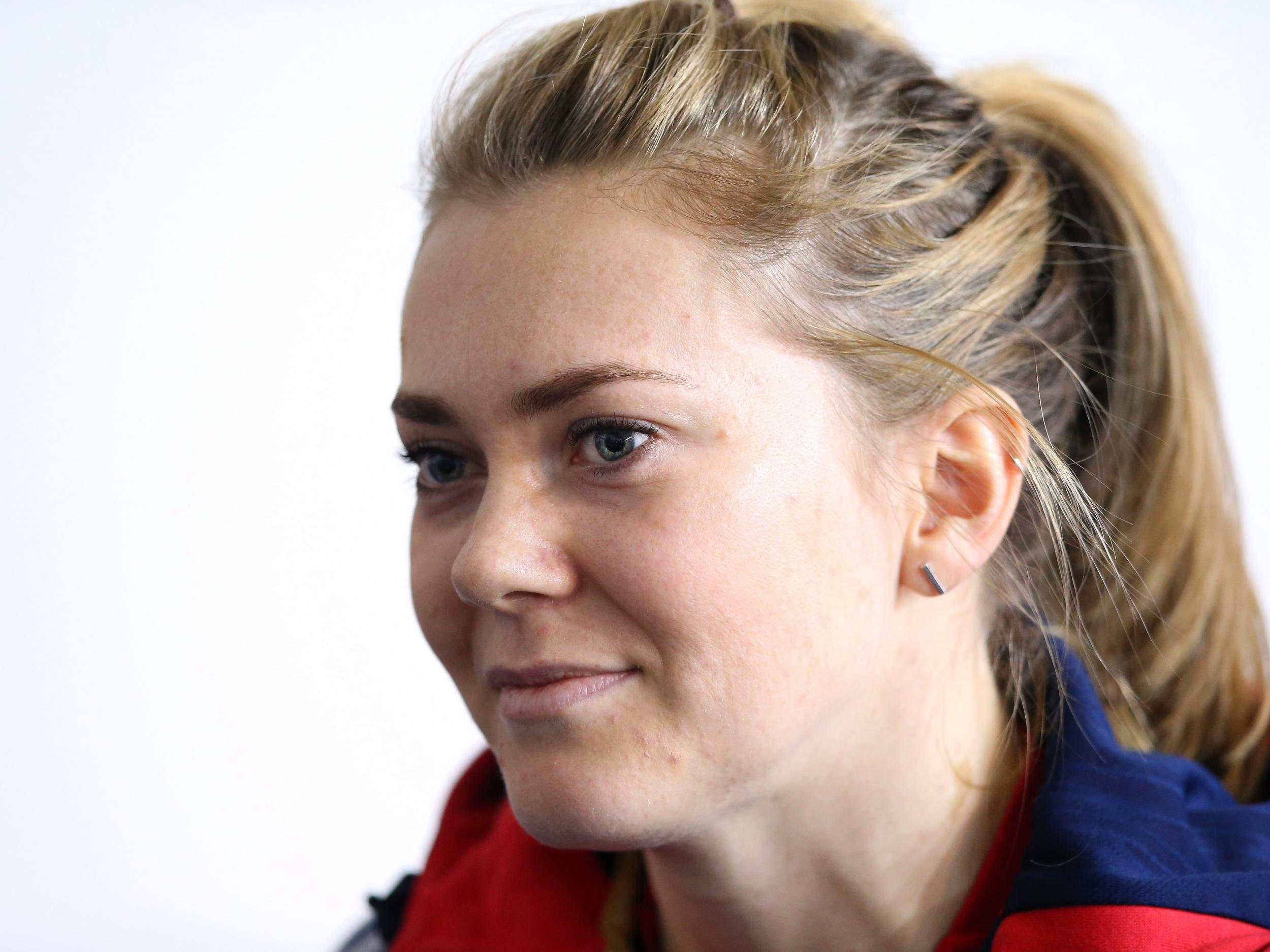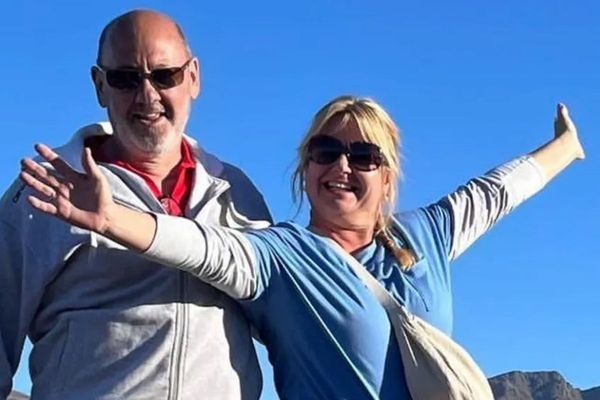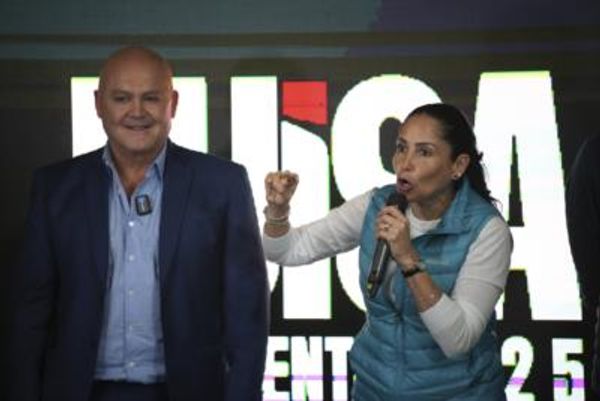British Cycling has accused Jess Varnish of misleading the Manchester Employment Tribunal in her attempts to show she was under “extreme forms of control” during her time with the Olympic cycling squad.
In a tense morning under cross-examination, Varnish and the governing body's barrister Thomas Linden QC repeatedly clashed over details in her written witness statement, with Employment Judge Ross having to tell Linden to let Varnish finish her answers.
Varnish needs to persuade the tribunal she was employed by British Cycling and the elite funding agency UK Sport during her time on the squad before she can sue the national governing body for wrongful dismissal in 2016.
That, however, could have a dramatic impact on how British Olympic and Paralympic athletes are funded, as their grants may become subject to tax and UK Sport could have to fund pensions and other staff-related costs.
Varnish, 28, claims she was dropped from the Olympic programme as retaliation for criticising her coaches after she narrowly failed to qualify for the Rio Games. She has also accused her coaches of bullying athletes and claimed that British Cycling's then-technical director Shane Sutton told her “to go and have a baby”.
An internal investigation later found Sutton, who had already quit his post, guilty of using discriminatory language but not of bullying, only for a subsequent independent investigation to accuse Sutton and others of creating a “culture of fear” at the National Cycling Centre.
But before Varnish can ask the employment tribunal to address any of that, or whether she deserves any compensation for sex discrimination and being singled out as a whistle-blower, she must convince the tribunal it has jurisdiction.
In her witness statement, the former European team sprint champion outlines her time with the Olympic programme since joining it at 15 in 2005 and her unceremonious exit in 2016.
She lists numerous examples of “the control” British Cycling had over the riders in the programme from what they wore, to where they lived, to what sponsorship deals they could make, what they ate and even what they posted on social media.
In one section of her statement, Varnish claims British Cycling asked for monthly blood samples that it then owned.
“This is an example of the extreme control exercised over the lives of cyclists,” she wrote.

Another example was the “marketing and branding” days the athletes were “required to complete” on behalf of the governing body and National Lottery, which Varnish wrote “demonstrates how wide the net of control extended”.
The overall impression Varnish gave both in her written statement and oral evidence on Tuesday was that the coaches controlled almost every aspect of the athletes' lives and their freedom to earn money as true freelancers was severely curtailed by her contracts with British Cycling and UK Sport.
But Linden challenged these statements again and again, saying her annual funding agreements did not change between 2005 and 2016, she should have known they came with terms and conditions and it would have been “more fair and truthful” to reveal she has her own company to reduce the taxes she must pay on her sponsorship earnings.
Linden accused her of being “someone who will sign a document and say it's true but subsequently say it isn't” and said she was selectively picking anecdotes to “distance” herself from what she signed.
At one point, he even said she has persuaded “three men to tell stories” on her behalf, a reference to the witness statements from her boyfriend and former GB BMX star Liam Phillips, her agent James Harper and former British Cycling and Team Sky doctor Richard Freeman.
The case continues on Tuesday afternoon with Phillips and Harper set to give evidence, while Dr Freeman is expected on Wednesday. The tribunal will hear from the witnesses for British Cycling and UK Sport during the rest of Wednesday and Thursday.







